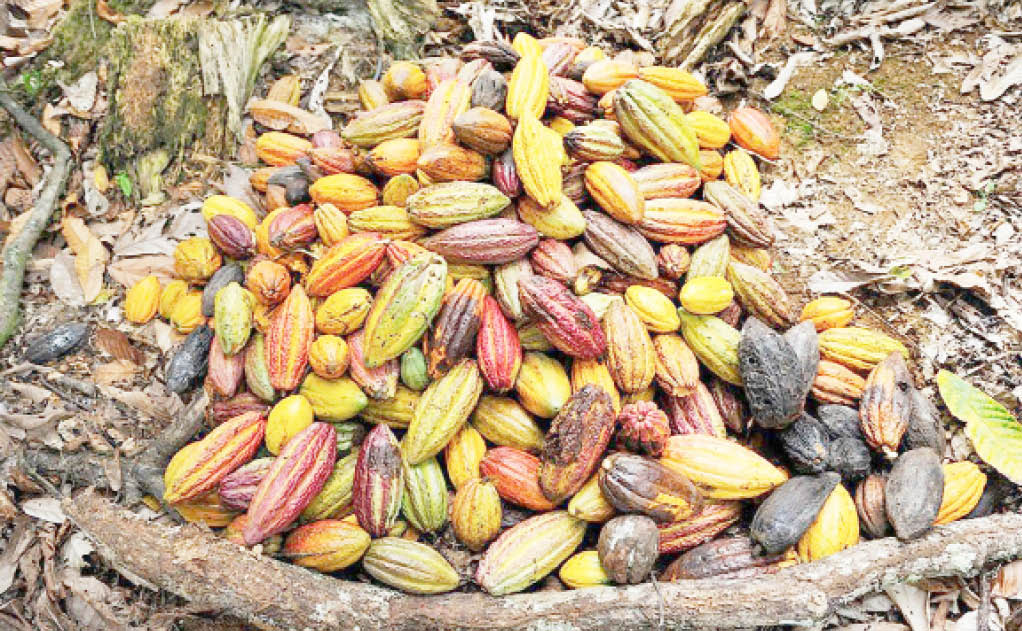Coy launches mobile app to assist farmers with storage
As part of efforts to prevent post-harvest loss of crops in Nigeria, the Basel Agency for Sustainable Energy (BASE) and the Swiss Federal Laboratory for Material Science and Technology (EMPA) are developing an open-access data science-based mobile application. The mobile application, called, Your Virtual Cold-chain Assistant (YVCCA), is aimed at enabling smallholder farmers, aggregators and […]

Harvested cocoa
As part of efforts to prevent post-harvest loss of crops in Nigeria, the Basel Agency for Sustainable Energy (BASE) and the Swiss Federal Laboratory for Material Science and Technology (EMPA) are developing an open-access data science-based mobile application.
The mobile application, called, Your Virtual Cold-chain Assistant (YVCCA), is aimed at enabling smallholder farmers, aggregators and food traders to optimise cold storage facilities and farm management through partnerships with green-tech firms.
Thomas Motmans, project leader at BASE, told journalists in Abuja that with the use of business model innovation, digitalisation and data science, “our interdisciplinary team is working in close collaboration with local entrepreneurs and other stakeholders in Nigeria to strengthen the agricultural cold chain and generate measurable environmental and social impact.”
He said about 25 per cent of smallholder farmers’ yearly income was lost to food deterioration, with worth of produce in monetary value estimated at $39.34 billion also lost and 76.9 million metric tonnes of produce wasted yearly.
“Amid the loss and wastage, Nigeria faces significant risks due to a lack of access to cooling that can protect food, especially fresh and perishable foods.
“Besides the negative impact on farmer’s income caused by food loss, farmers suffer income loss by being forced to sell their produce at give-away prices at the wrong time due to lack of access to market information and cold chain facilities, as well as harvest at the same time by almost all the farmers,” he added.
In his submission, the project leaded at EMPA, Dr Daniel Onwude said, “We are now gathering data and building the relevant models. The innovation aims to use a proactive and sustainable data science approach by up-cycling the many data sources available in the food supply chain into ready-made information to save food and improve the livelihood of smallholder farmers in Nigeria.”
He said agriculture played a vital role in the economy and Nigeria’s rural population is particularly dependent on agriculture for their livelihood, adding that farmers and other value chain players would gain access to the most efficient, reliable and sustainable off-grid cooling, while only paying for the amount of food they store (per kg-day) in the cold rooms, avoiding any upfront investment.
They explained that service providers owned and maintained solar power cooling facilities, thereby covering the operational costs. This long-term commitment serves as an incentive for them to install the most energy-efficient equipment, and perform high-quality maintenance.
